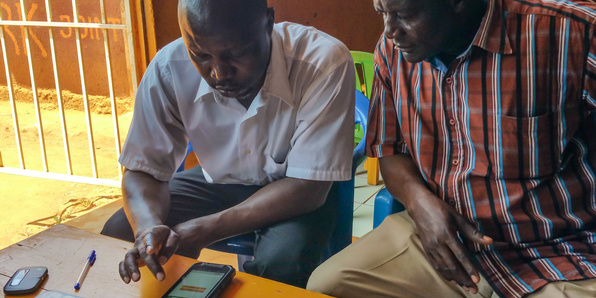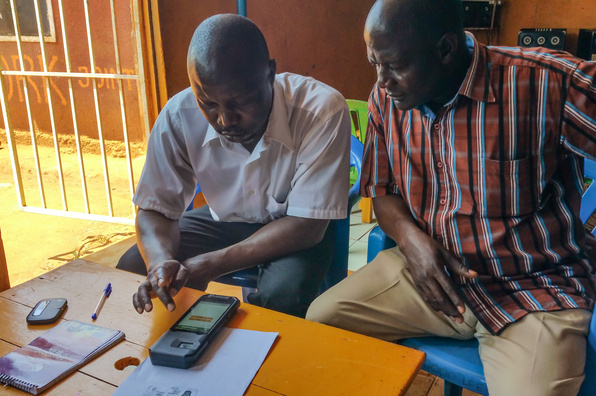
The Corona-pandemic has so far spared Africa in terms of reported cases and casualties, yet the lockdowns in place have significantly hurt African economies. awamo has analyzed real-time transaction data of rural and semi-urban microfinance institutions from the beginning of the lockdowns. The data shows that there has been a decrease in business activity of as much as 96%.
But that is only a part of the story.
Political stability in sub-Saharan Africa is one of the main factors influencing migration from Africa to Europe. Political stability in return is strongly influenced by the economic situation of citizens. In addition to military and ethnic conflicts, the SARS-CoV-2 pandemic is greatly affecting the economies of African countries and dramatically constraining the political, social, and economic wellbeing of local populations. Village savings and credit associations are established players across local economies in rural Africa and act as lenders as well as deposit managers. Rural SMEs (small and medium-sized enterprises) in particular depend on access to capital from MFIs to maintain and grow their businesses and continue to provide local jobs. MFIs precisely serve the clientele intended to be supported by e.g. German and EU funds to create local opportunities and reduce migration pressure. Because MFIs are in most cases not or only weakly regulated, they are cut off from development cooperation funding. This results in systematic misallocation since funds are distributed almost exclusively via financial and government institutions or by large NGOs.
As a result, large sections of the population are neglected by these organizations. Fortunately, technological solutions are available to reach the affected population directly in a timely and efficient matter, while at the same time making the use of funds transparent.
Download the full working paper here: 20200512_MicrofinanceSector_EastAfrica_Corona_EN

